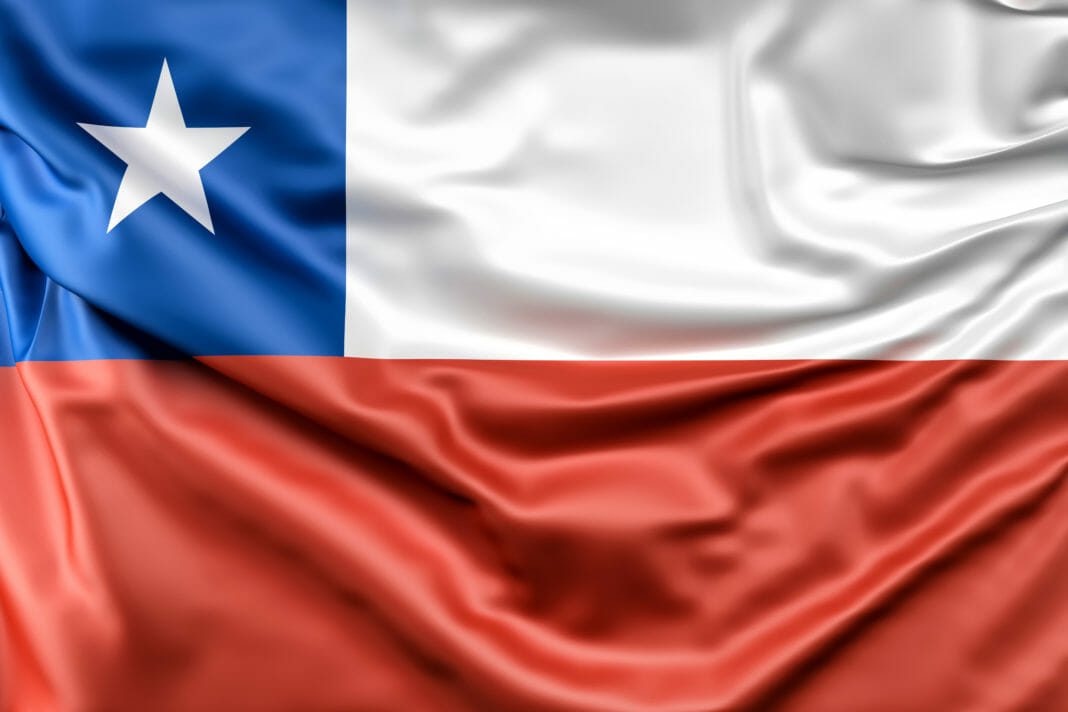Chile has officially taken the lead in AI governance throughout Latin America thanks to the Santiago Declaration. The Santiago Declaration 2023 brought together ministers and those in charge of digital policies on AI from the Latin American region. This Declaration signed in Chile by 20 Latin American countries reflects their commitment to ethics in AI. It is based on UNESCO’s Recommendation on the Ethics of Artificial Intelligence.
Chile has taken the lead in AI governance throughout Latin America. In a historic meeting organized by the Ministry of Science, UNESCO and the Development Bank of Latin America and the Caribbean, 20 nations in the region signed the “Santiago Declaration to promote ethical Artificial Intelligence in Latin America and the Caribbean.”
This agreement highlights the region’s commitment to the responsible development and implementation of Artificial Intelligence (AI).
Latin American Ministers Meet in Chile to Discuss AI
The event brought together ministers and those in charge of digital and AI policies from Argentina, Brazil, Chile, Colombia, Costa Rica, Cuba, Ecuador, El Salvador, Guatemala, Honduras, Jamaica, Mexico, Peru, Paraguay, Dominican Republic, Santa Lucia, Saint Vincent and the Grenadines, Suriname, Uruguay and Venezuela.
Despite the number of countries, and as stipulated in the now recent Declaration of Santiago, Chile will be the country to lead the working group on AI governance in Latin America:
“For the above, WE HAVE DECIDED: To elect the Republic of Chile to head the Working Group, and are requested to convene a working meeting during the first half of 2024. To facilitate this process, the countries commit to the designation of a focal point.”
The importance of this union lies in the opportunity to work as a block to advance on AI together, both in its use and in the ability to create and make strategic decisions.
The Minister of Science, Technology, Knowledge and Innovation, Aisén Etcheverry, led the meeting and underlined the uniqueness of this regional collaboration:
“That is something that did not happen with the internet or when we started with machine learning and is now happening with AI. That is unique and gives us an opportunity as countries to advance at a very different speed and be actors not only from the use, but from the ability to create and decide where to move forward.”
In addition, Etcheverry emphasized the importance of AI governance at the global level and mentioned that the United Nations will present a proposal in this regard in December.
Ensuring that Latin American countries in addition to Chile can join as a block in these conversations is something historic and its continuity would allow the region to play a relevant role in global decision-making around AI.
What Does the Santiago Declaration Mean for the Development of AI in Latin America?
Santiago Declaration 2023, signed by the 20 countries, reflects their commitment to ethics in AI. It is based on the UNESCO Recommendation on the Ethics of Artificial Intelligence, and it establishes a starting point for public policies on AI, as well as for the protection of human rights as a whole. This includes aspects such as safety and security, equity and non-discrimination, gender equality, accessibility and sustainability in all its aspects: social, cultural, economic and environmental.
The declaration signed in Chile represents a milestone in the responsible development of AI in Latin America and the Caribbean. It marks the way towards a future in which technology is at the service of society, while respecting ethical values and people’s fundamental rights.
By Leonardo Pérez











